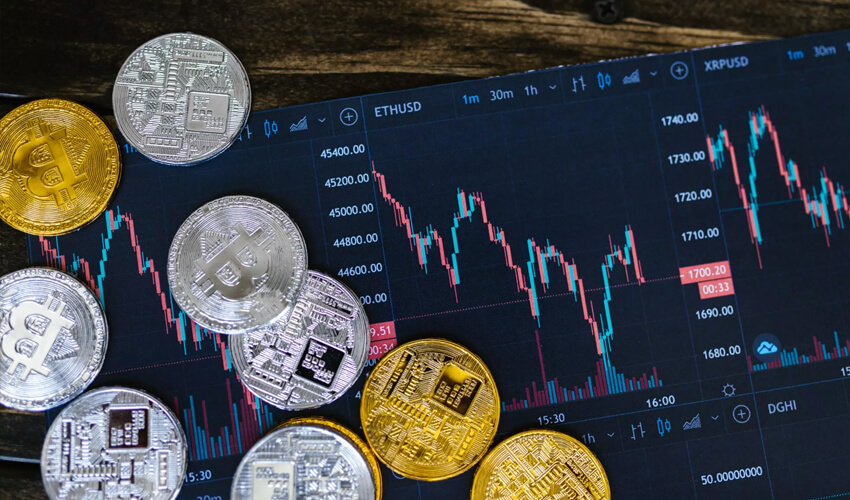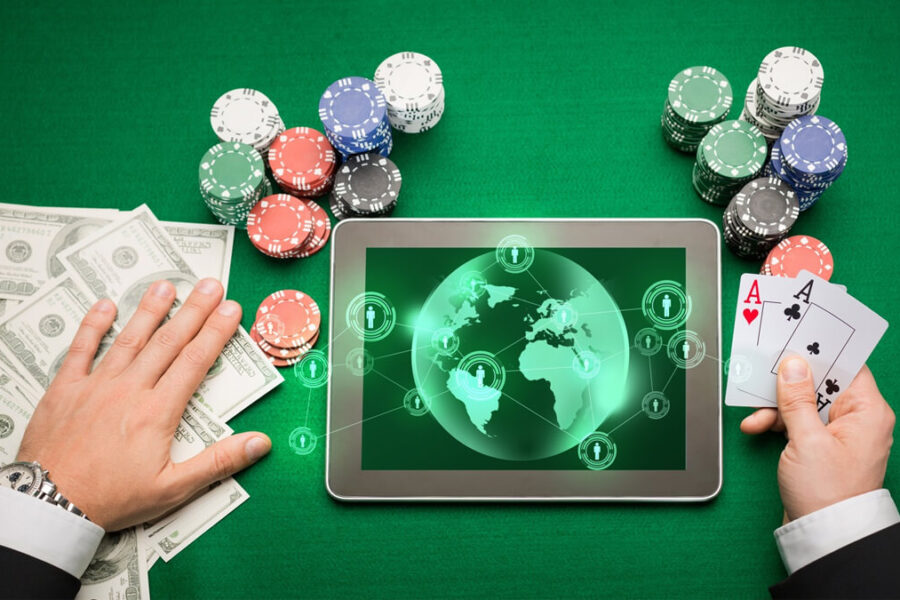The gaming industry continues to evolve rapidly each year, driven by technological advancements and the burgeoning influence of cryptocurrency, a digital financial phenomenon sweeping the globe. This article explores how cryptocurrencies are reshaping the gaming landscape, affecting gameplay, development, and monetisation. It goes beyond in-game virtual currencies, highlighting the profound changes cryptocurrencies are bringing to the very essence of gaming.
As we delve into the impact of cryptocurrency on the gaming industry, we will uncover how these digital currencies are integrating into games, tokenising assets, decentralising systems, enhancing security, and more. We will also discuss the potential challenges and concerns arising from this fusion. By the end of this exploration, you will gain a comprehensive understanding of how cryptocurrency is shaping the future of gaming, opening up new opportunities for players, developers, and the industry as a whole.

Cryptocurrency Integration in Video Games
Cryptocurrency’s integration into video games represents a significant moment in gaming history, impacting the gaming experience in several key ways.
One of the most noticeable impacts is how gamers can now use cryptocurrencies to make in-game purchases. This method is known for its speed, security, and low fees, streamlining transactions for virtual items like character skins and currency. This ease of use enhances the overall gaming experience by reducing transaction friction.
Additionally, using cryptocurrencies for in-game purchases has global implications, enabling players from different regions to transact without traditional banking limitations, fostering inclusivity and expanding the player base.
Cryptocurrencies are also being leveraged in in-game rewards and loyalty programs. Game developers use them to incentivise players for achievements, tournament participation, or time spent in-game. These rewards, often in the form of tokens, create a valuable in-game ecosystem, enhancing player engagement and interaction.
Beyond rewards, blockchain technology is transforming item ownership and trading within games. Non-fungible tokens (NFTs) represent unique digital assets stored on a blockchain, ensuring players have true ownership of rare in-game items like legendary weapons or character skins. Players can buy, sell, and trade these assets in digital marketplaces, opening new monetisation avenues and increasing player engagement within games.
Future Trends and Possibilities
Blockchain technology and cryptocurrencies have already transformed the gaming industry by integrating into its landscape. Several exciting trends and possibilities are emerging, promising continued evolution.
One key trend is the expansion of player-driven, blockchain-backed virtual economies. Games like Axie Infinity and Decentraland have pioneered this model, empowering players with true ownership and the ability to monetise in-game assets.
Looking ahead, we anticipate a surge in blockchain-backed virtual economies across various gaming genres, from role-playing games to virtual worlds. This shift could inspire innovative gameplay experiences and blur the lines between gaming and real-world economics.
Final Verdict
The gaming industry’s integration of cryptocurrencies and blockchain technology has brought forth a new era of possibilities and transformations, palpably impacting the gaming landscape. These innovations have changed how players interact with and perceive virtual worlds, from player-owned economies to cross-game asset integration and the use of NFTs.
Looking ahead, the future of blockchain gaming promises even greater potential. We anticipate the proliferation of blockchain-backed virtual economies, where players truly own assets and can earn a living through their gaming skills. Cross-platform and cross-game asset integration will enhance the versatility and value of in-game assets, fostering a dynamic ecosystem.








